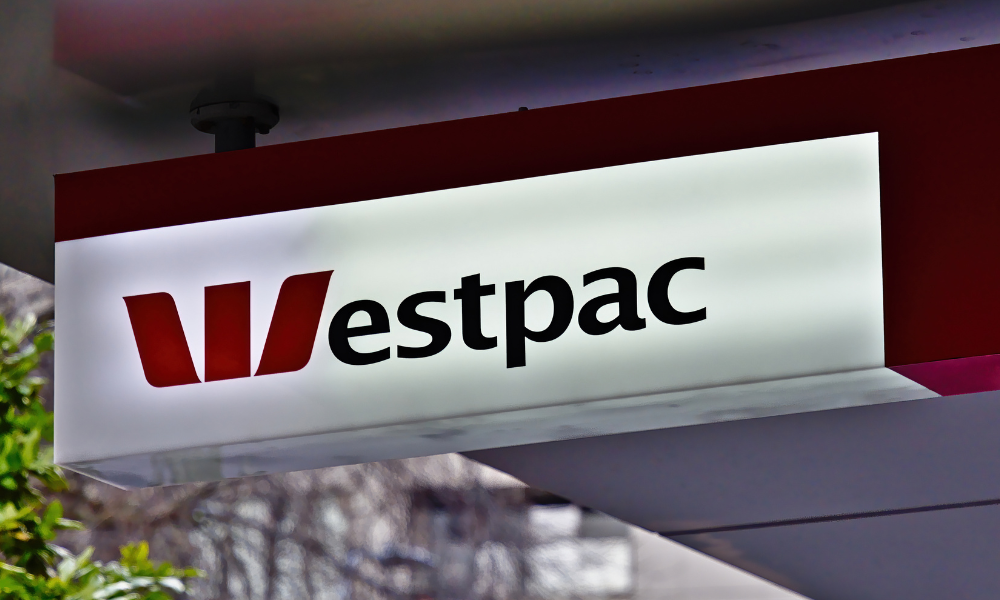Easing housing costs and lower core inflation drive downward revisions

Westpac has adjusted its inflation outlook, citing a broader slowdown in price increases beyond government cost-of-living relief.
The bank’s latest analysis indicates that easing housing costs and lower inflation in clothing, footwear, and durable goods have contributed to the decline in core inflation.
Justin Smirk (pictured above), senior economist at Westpac, noted that inflation in the final quarter of 2024 was weaker than expected, reinforcing the downward trend.
“The risk to our December quarter CPI and trimmed mean estimates was to the downside,” Smirk said on Westpac’s Inflation Deeper Insights for Q4 2024. “That risk materialised, with the CPI increasing just 0.2% quarter-on-quarter and 2.4% annually.”
Government cost-of-living measures — including rent assistance and energy rebates — reduced headline inflation by an estimated 0.7 percentage points in 2024. However, their impact on core inflation was minimal, with Westpac estimating a reduction of just 0.1 percentage points.
“The trimmed mean provides a clearer guide on underlying inflationary pressures that are not influenced by government measures,” Smirk said.
Westpac has lowered its inflation projections accordingly. The consumer price index (CPI) is now expected to rise 1.7% annually by June 2025, down from a previous estimate of 1.9%. The trimmed mean, a key measure of core inflation, is forecast to ease to 2.4% over the same period.
Housing inflation, a significant contributor to overall price movements, has softened. Dwelling prices fell 0.2% in the December quarter, bringing annual growth down to 2.9% from 4.8% in September. The Australian Bureau of Statistics (ABS) attributed this to builders offering discounts and incentives, rather than direct government assistance. Westpac expects dwelling inflation to drop further, reaching 1.2% annually by December 2025.
Rental inflation has also moderated, with rents increasing 0.6% in the December quarter, the slowest pace since 2021. Without the government’s rental assistance boost, Westpac estimates rents would have risen 1.5% for the quarter. The annual rental inflation rate stood at 6.4% in December, down from its peak of 7.8% in March 2024.
Looking ahead, Westpac anticipates inflation to continue easing, though energy prices could present volatility. The unwinding of energy rebates is expected to push headline inflation to 2.9% by December 2025. However, if the government extends these rebates, inflation could be lower than currently projected.
“Our forecast is that headline CPI inflation will print 2.9% in December 2025 as electricity prices bounce back,” Smirk said. “However, if we exclude the cost-of-living assistance, CPI inflation would be just 2.2% at year-end.”
Westpac sees a strong possibility that the government may extend energy rebates into the second half of 2025, which could lower inflation further. However, core inflation is expected to remain relatively unaffected by these measures.
For the first quarter of 2025, Westpac’s preliminary forecast estimates CPI growth at 0.5% for the quarter and 2% annually. Core inflation is expected to increase by 0.5% for the quarter and 2.7% year-on-year.
Want to be regularly updated with mortgage news and features? Get exclusive interviews, breaking news, and industry events in your inbox – subscribe to our FREE daily newsletter. You can also follow us on Facebook, X (formerly Twitter), and LinkedIn.



